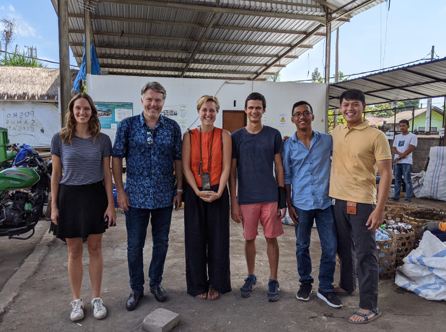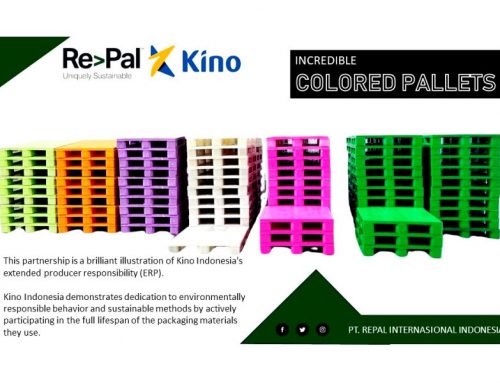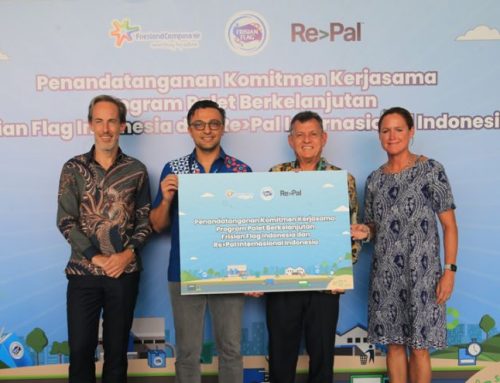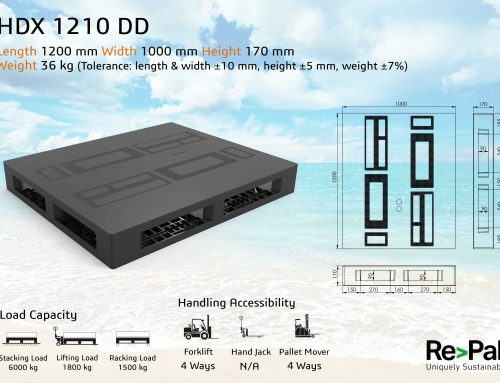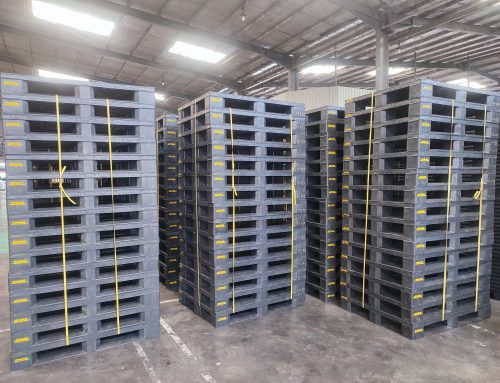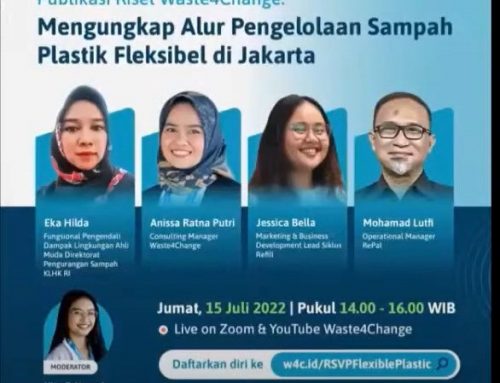I was pleased to visit the TPS3R KSM Sekar Tanjung in Sanur Kauh, Bali on my way back to Australia just before Christmas. This is a sorting centre, Government owned, which is being supported by McKinsey.org.
McKinsey.org is an independent non-profit founded by the global consulting firm McKinsey and Company and is working closely with large multi-national companies to stabilise the demand for recyclables in conjunction with providing advice on waste collection, sorting and offtake by getting involved in a very granular hands-on way in Sanur Kauh, Bali. Before McKinsey.org was involved the site handled mixed waste from only 100 households. In Q1 2020, under the leadership of Ella Flaye, it is heading towards 2,000 households and hotels, dealing with separated waste, improving the recovery rate and diverting waste from landfill. Landfills in Bali are a serious problem; the island’s main landfill, Suwung, is ‘full’, until the next heavy rains or tides wash out a component of it; or fires destroy some waste. It is not sustainable, which is why McKinsey.org’s involvement is welcome. Through their leadership on this issue they aim to develop a blueprint for communities to ensure source separation, optimal collection and sorting operations and offtake of recyclables. The offtake includes similar arrangements to the Rayong centre I visited in 2019 including recycling the organic component of household waste into useful materials. One issue which is a common issue is that the common plastic bag is identified as not recyclable; which Re>Pal can uniquely recycle into our pallets.
Through the McKinsey.org Indonesia team the sorting centre has ensured that all their workers receive above minimum wage and have access to medical care. The issue of underpaying waste collectors is a challenge for Indonesia and developing countries as often the aggregators may link a loan to collection of waste, so creating a locked-in employee who has few rights. Developing a playbook for how sorting centres are set-up, establishing a cohort of reliable offtake partners, such as Re>Pal, for all waste streams, and educating the households and operators of waste banks and sorting centres will vastly aid the scale and depth of recycling across Indonesia.
McKinsey.org is doing great not-for-profit work in this sector and their aim is to take their learnings from Sanur Kauh, develop the playbook and launch an Academy for waste management centres across Indonesia to build up local capabilities in communities in order to scale impact. It is great to see an organization of McKinsey & Company’s size, intellect and scale investing in this space through founding the non-profit incubator McKinsey.org. I look forward to reading their waste management ‘playbook’ from their on-the-ground experience in Bali and I hope Re>Pal can be a national partner for some waste streams as they scale up.

